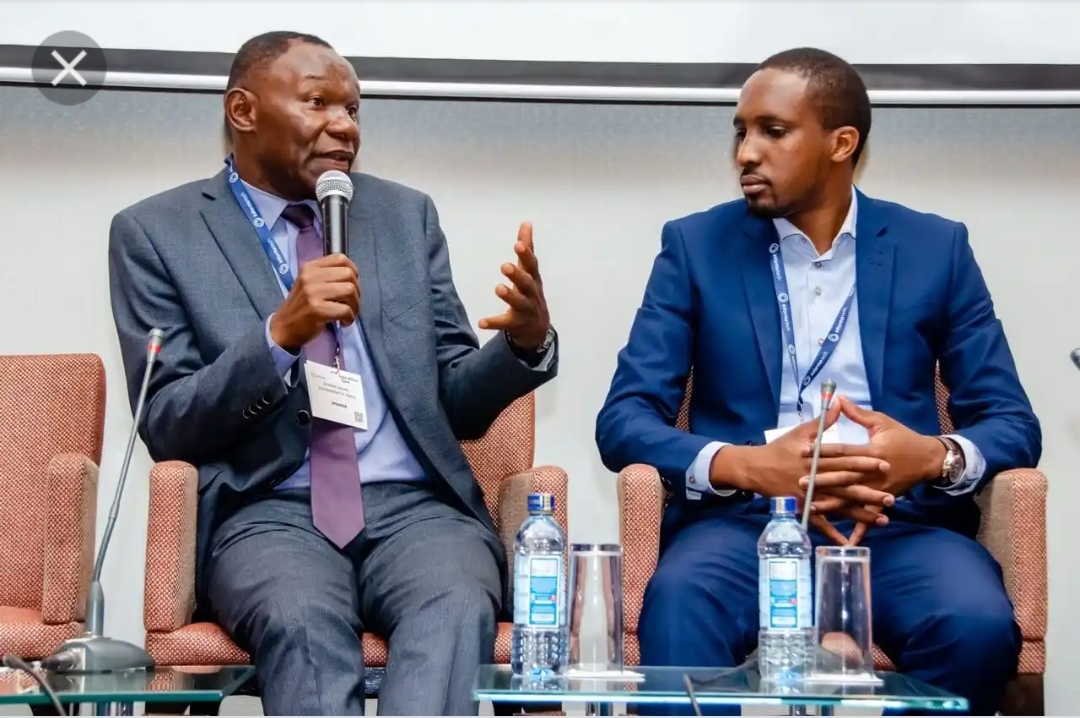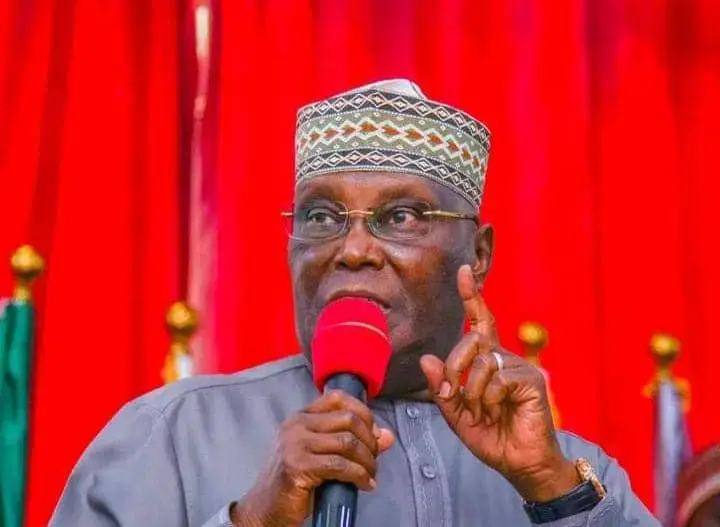The event will once again reunite the region’s tech leaders, telecom c-suite executives, promising start-up founders as well as senior regulators and government officials
Access Multimedia Content
East Africa’s premier technology, telecommunication, media, and broadcasting event will return to Nairobi on 25-26 April after a three-year digital hiatus. Celebrating its 20th anniversary, the event will once again reunite the region’s tech leaders, telecom c-suite executives, promising start-up founders as well as senior regulators and government officials as over 50 industry heavyweights from Safaricom, Telkom Kenya, Kenya’s Ministry of ICT, Innovation and Youth Affairs, Djibouti Telecom, Google, Microsoft, Airtel, and more take to the event’s stage to impart their wisdom.
As one of the continent’s tech powerhouses where the pace of new technologies adoption such as 5G remains high, East Africa, as it continues its digital transformation journey, offers exciting opportunities which will be analysed in the event’s programme, alongside barriers that need to be overcome to unlock the region’s full tech potential.
East Africa Com will delve into a great variety of highly time-sensitive topics. From exploring topics around the 4IR and how East African can lead in an era of economic disruption to combating cyber-attacks threats, or the next phase in the region’s fintech revolution and the war for talent, East Africa Com will present a rich and diverse agenda.
“In a sector as dynamic as tech, in a region as diverse as East Africa, we want to showcase and celebrate the incredible pace of innovation as well as the resilience of the region’s tech sector” explains Ciara McDonald Heffernan, Event Director for East Africa Com. “Our ambition is clear: We are committed to building a programme that will help educate the industry on some of the exciting projects and play a key role in facilitating strong partnerships across the region.”
Some of the sessions attendees can look forward to include a panel uniting East African Operators including Andy Halsall, CEO at poa!, Gerishon Gitonga, Head of Network Planning at Safaricom and Bonface Ndawala, CEO at Malcel discuss novel routes to delivering meaningful connectivity to underserved areas.
Last mile connectivity will be key to unlocking the next stage of East Africa’s Digital transformation and we look forward to having our Opening Keynote, George Njuguna, Director, Information Technology (CIO) at Safaricom share his insights on Vision 2030 and the role of Technology Talent and Digital Skills in Building East Africa’s Digital Economies.
An important aspect of this Digital Transformation has been the evolution of telcos in the region, and we will be gathering experts from Djibouti Telecom, Telkom Kenya and TESPOK to analyse the evolution of telcos in the region and the importance of putting digital at the heart of East Africa’s telecommunication strategies.
The company said it will also be welcoming key policymakers at the event, adding, “and we are looking forward to hearing from experts from the Deputy Director at Kenya’s Ministry of ICT, Innovation and Youth Affairs, Google, Telkom Kenya and Microsoft who will share their insights on how best to regulate the tech sector to spur innovation and combat some of the key barriers to growth.
Overall, the two-day programme will explore the role of technology in driving socio-economic growth by tackling some of the most pressing challenges faced by the region today.
A powerful start-up focused platform
To mirror East Africa’s vibrant start-up scene, the event will host a dedicated one-day platform, AHUB East, to bring the region’s most inspiring startup founders under one roof on 26 April. The agenda will see discussions articulated around key topics such as empowering startups to face investors or how East Africa’s tech startup ecosystem can contribute to the region’s sustainable future. Especially anticipated is the timely fireside chat discussion on the impact of the Silicon Valley Crisis and what lessons Eastern African startups can learn to best future-proof their businesses.
To guide the discussions, AHUB East brings an inspiring mix of entrepreneurs, investors and other experts to take to the stage, including Gibson Kawago, Founder at WAGA Tanzania, John Kamara, Founder at AFAYREKOD, Jay Katatumba, Investor Director at Africa50 or Stephen Ogweno, CEO at Lifesten Health
Beyond knowledge-sharing, AHUB East will also help unlock new business opportunities by fostering connections between founders and investors. It will also see some of the region’s most promising startups battle on stage during a live pitch competition where judges Laurie Fuller, Venture Partner at Raiven Capital, Dario Giuliani, Founder & Director at Briter Bridges and John Kimani, Developer Ecosystem Program Manager at Google Kenya will put them to the test to crown the winner.
AHUB East’s live pitch competition judge, Laurie Fuller, explains that “Judging start up pitches is like unearthing hidden gems, each glint revealing the boundless potential of human ingenuity and the promise of a brighter future.”
Celebrating East Africa’s tech pioneers
On the evening of 25 April, the East Africa Com Awards will recognize and celebrate the best and brightest in the region who are driving digital transformation. The seven award categories will put the spotlight on the individuals, organizations, and companies for their commitment and achievements in the digital space. The awards include Inspiring Leader of the Year, Female Innovator of the Year, Fintech Innovation of the Year, Startup of the Year, Connectivity Champion of the Year, Changing Lives Award and Most Innovative Product or Service of the Year.
After receiving close to 100 applications, the shortlisted candidates are now subject to a round of public votes until 14 April that will determine the top three finalists across each category. Their award submissions will then be submitted to a panel of judges before the winners are unveiled during the exclusive awards ceremony.
The event will be a great opportunity to recognize the hard work and dedication of those who are at the forefront of the region’s digital revolution. It is also an opportunity to learn more about successful business models and innovative approaches. The East Africa Com Awards will be a great platform to connect with industry leaders, share experiences, and build relationships that could open new doors for growth and success.
A platform for leaders
Featuring high-level presentations and tailored roundtable discussions, the LeadersIn East Africa Summit taking place on 25 April is a unique opportunity to interact with senior corporate and government leaders to identify tomorrow’s opportunities and challenges.
These interactive, curated, invite-only sessions will explore the current critical issues affecting Africa’s development, with industry leaders, policymakers, regulators, and other ecosystem players working to progress the region’s digital transformation journey. The closed-door roundtables provide a unique forum to build meaningful connections, share experiences and drive valuable outputs and will focus on topics as important as the war on talent, driving gender equality, the role of telcos in driving digital inclusion and responsible leadership.
Source: APO Group/ East Africa Com










